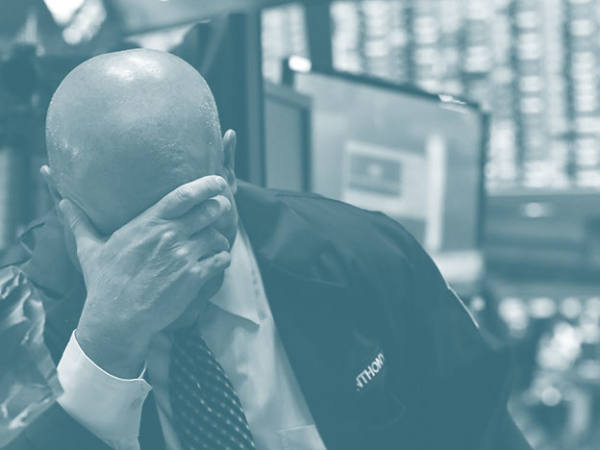The biggest problem the assembled titans of commerce and politics (plus some actors) sought to address, however, was the fourth industrial revolution, or Industry 4.0 as it was first described. Encompassing such things as machine-to-machine communications, big data and the internet of things, it is a hot subject that we have covered extensively in Investors Chronicle. The concern is that the disruptive influence of these technologies will rent asunder old world business models and create mass unemployment as robots displace jobs to optimise cost management in smart factories.
As it happens I’ve recently been studying the first industrial revolution as part of a Masters degree in the history of science and technology – and one thing being drummed into us is to be very suspicious of anything that comes with the label ‘revolution’. Britain’s industrial revolution wasn’t described as such until well into the nineteenth century, firstly by envious neighbours in France and then by early socialist reformers at home passing judgement on the effect of industrialisation on the living standards of the new urban working classes. In fact, the application of industrial machinery was not uniform, took a long time, and didn’t result in the above average economic growth we often assume accompanied the industrial revolution.
The digital revolution, the third industrial paradigm shift we have experienced, has also transformed the way we work, but again the economic benefits are elusive; productivity and economic growth are both stagnating. Magazines like ourselves were predicted to have disappeared from the face of the earth by now; that we are still around shows that very often the new complements rather than crushes the old, and that the physical world is still very much with us.
History suggests, then, that the development of the fourth industrial revolution will prove similarly iterative – far more prosaic than the “exponential” change some, like WEF founder Klaus Schwab, are predicting. That means investors assessing the opportunities that Industry 4.0 will bring should keep calm heads. New technologies can prompt far reaching social and economic change, but along the way they also create as many financial losers as winners, as Britain’s railway mania of the 1840s or the dot com boom remind us.











